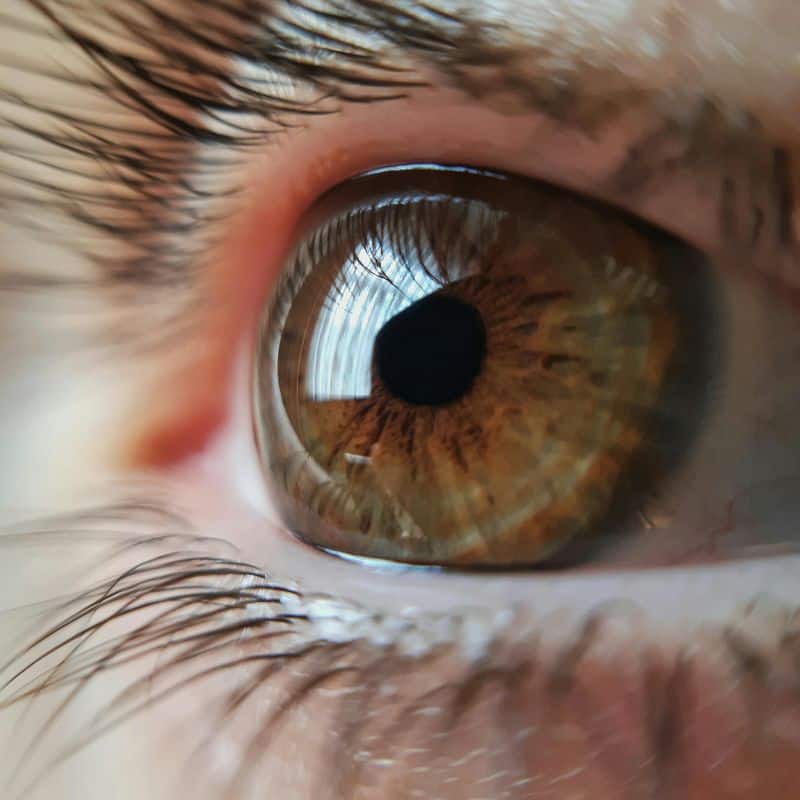Ever find yourself daydreaming about your ex while you’re perfectly happy in your current life? Don’t worry – your brain isn’t betraying you or suggesting you made a mistake.
Science shows that our minds work in mysterious ways when it comes to past relationships. Let’s explore why those thoughts pop up even when you’re genuinely content with where you are now.
1. Your Brain Loves Familiar Neural Pathways
Remember how you used to drive to your ex’s house on autopilot? Your brain formed actual physical pathways for thoughts about them too! These neural highways don’t just disappear after a breakup.
Scientists call this “cognitive habituation” – your brain got really good at thinking about this person and still takes those familiar routes occasionally. It’s like how you might hum that annoying commercial jingle from 2005 for no reason.
Your thoughts about your ex aren’t meaningful signals – they’re just your brain running its usual programming in the background while you live your happy life in the foreground.
2. Nostalgia Goggles Distort Everything
Your memory is playing tricks on you! Research shows we naturally filter out negative memories faster than positive ones. This evolutionary quirk helped our ancestors stay optimistic enough to keep hunting woolly mammoths despite frequent failures.
The scientific term is “fading affect bias” – negative emotions fade faster than positive ones in our memories. That’s why you might randomly remember that amazing beach vacation with your ex but conveniently forget all those arguments about loading the dishwasher.
Your brain isn’t suggesting you go back – it’s just terrible at storing accurate relationship data!
3. Unfinished Business Creates Mental Loops
Got questions that never got answered? Psychologists call this the “Zeigarnik effect” – unfinished tasks occupy more brain space than completed ones. Your mind hates loose ends!
Maybe you never understood why they suddenly hated your best friend or what happened to that concert ticket money. These unresolved puzzles create cognitive loops your brain revisits, hoping for closure.
Fun fact: This same mental mechanism is why TV cliffhangers drive us crazy and why earworms (songs stuck in your head) often stop at the chorus – your brain keeps playing the part it doesn’t feel “finished” with yet!
4. Emotional Milestone Markers Trigger Memories
Life milestones act like memory landmines! When you hit certain emotional checkpoints – birthdays, holidays, work achievements – your brain automatically compares them to similar moments from your past.
Researchers call these “autobiographical memory triggers.” They’re like time machines that temporarily transport you back to when your ex was part of these significant moments. Even if you’re happier now, your brain still references these old emotional bookmarks.
It’s completely normal to think of an ex during these times – you’re not longing for them, you’re just experiencing your brain’s natural comparison algorithm running in the background!
5. Identity Integration Makes Them Part of Your Story
Your ex isn’t just someone you dated – they became part of your identity! Psychologists call this “narrative identity theory” – the idea that we understand ourselves through the stories we tell about our lives.
That relationship helped shape who you are today. Maybe they introduced you to your favorite band, taught you to cook pasta properly, or helped you through a tough time. When you encounter these aspects of yourself, your brain naturally references their origin story.
Those random thoughts aren’t about missing them – they’re about acknowledging the pieces of yourself that developed during that relationship chapter!
6. Social Media Creates Artificial Proximity
Scrolling through your ex’s vacation photos at 2 AM? You’re experiencing what researchers call “ambient awareness” – the illusion of closeness created by digital connections. Our brains didn’t evolve to understand the difference between real-life interaction and online glimpses.
Studies show that seeing someone’s digital life triggers the same brain regions as actual social contact. That random thought about your ex might have been triggered by an algorithm showing you their comment on a mutual friend’s post three days ago!
Your brain isn’t pining for them – it’s just confused by modern technology making them seem present in your life!
7. Stress Activates Comfort-Seeking Memory Patterns
Having a rough day? Your brain might suddenly serve up thoughts of your ex! This isn’t because they were your soulmate – it’s because stress activates our comfort-seeking systems.
Neuroscientists have found that under pressure, our brains often retrieve memories of periods when we felt safe and supported. For many people, relationships provided emotional security and physical comfort through oxytocin release – the same hormone involved in parent-child bonding.
Your stressed brain isn’t suggesting you call your ex – it’s just reaching for familiar comfort patterns, like a toddler grabbing for their favorite blanket!
8. Dream Processing Recycles Emotional Material
Dreaming about your ex again? Don’t panic! Sleep researchers explain that dreams often process unresolved emotional material – not because you secretly want them back, but because your brain is filing away old feelings.
During REM sleep, your brain consolidates memories and processes emotions without the logical constraints of waking thought. Your ex represents significant emotional data your brain stored, so they occasionally appear during this filing process.
These dreams actually show your brain is healing! Each time you process these emotions during sleep, they lose a bit of their emotional charge – like running the same shirt through the wash multiple times until the stain fades.
9. Comparison Brain Uses Past Relationships as Benchmarks
Your brain is constantly running comparison software! Psychologists call this “anchoring bias” – we use past experiences as reference points to evaluate current situations.
When your current partner does something thoughtful, your brain might quickly reference how your ex handled similar situations. This isn’t because you’re still hung up on them – it’s just your brain’s efficiency system using available data points.
Think of it like using old apartments as reference points when house-hunting. You’re not considering moving back to that studio with the leaky ceiling – you’re just using it to appreciate your current place’s working plumbing!
10. Growth Reflection Uses Past Relationships as Measuring Sticks
Those random thoughts about your ex might actually be self-congratulatory! Psychologists studying personal growth note that we often measure our development against significant past experiences.
When you handle a situation with maturity that would have triggered a meltdown during your previous relationship, your brain notices this growth. That flash of your ex in your mind isn’t longing – it’s your brain’s way of saying “Look how far you’ve come!”
It’s like occasionally looking at photos of your awkward teenage self – not because you want those braces back, but to appreciate your glow-up and development into the awesome person you are today!











